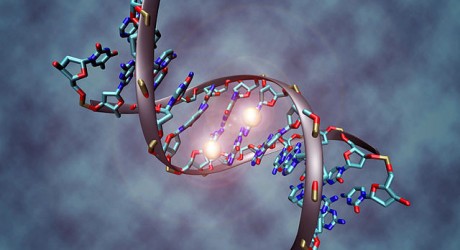Through a process called “DNA-templated synthesis,” Harvard scientists have developed a new drug that could treat diabetes at its start, by inhibiting a protein known as IDE, or “insulin-degrading enzyme.”

To regulate sugars in our blood, the human body carries an enzyme that breaks down the insulin in our cells—for those with type 2 diabetes, a mutation in the gene that carries the IDE protein code causes this process to go awry.
Through studies on white mice, Harvard scientist David Liu and his team have created a synthetic compound that could inhibit the IDE protein. In mice, both obese and at a regulated weight, their compound has shown to increase the level of insulin in the blood.
Through DNA-templated synthesis, their drug links thousands of chemical structures to unique DNA strands, creating new chemical building blocks that inhibit the production of the IDE protein.

David Liu
Unlike other medicines designed to treat diabetes, which are normally developed through a lengthy process where libraries filled with known chemical compounds are studied, DNA-templated synthesis allows nearly anybody to quickly evaluate connections without the need of expensive equipment.
“A single student with only minimal equipment and infrastructure can evaluate millions of potential small molecule-protein interactions in one to two weeks,” said Liu on MIT Tech Review.
Unlike past variations of this kind of treatment, which only survived a few minutes in the body, Liu’s new IDE inhibitor lasts for hours. It could be the first step towards the creation of a powerful new drug to treat type 2 diabetes.
Source MIT Tech Review
Advertisement





